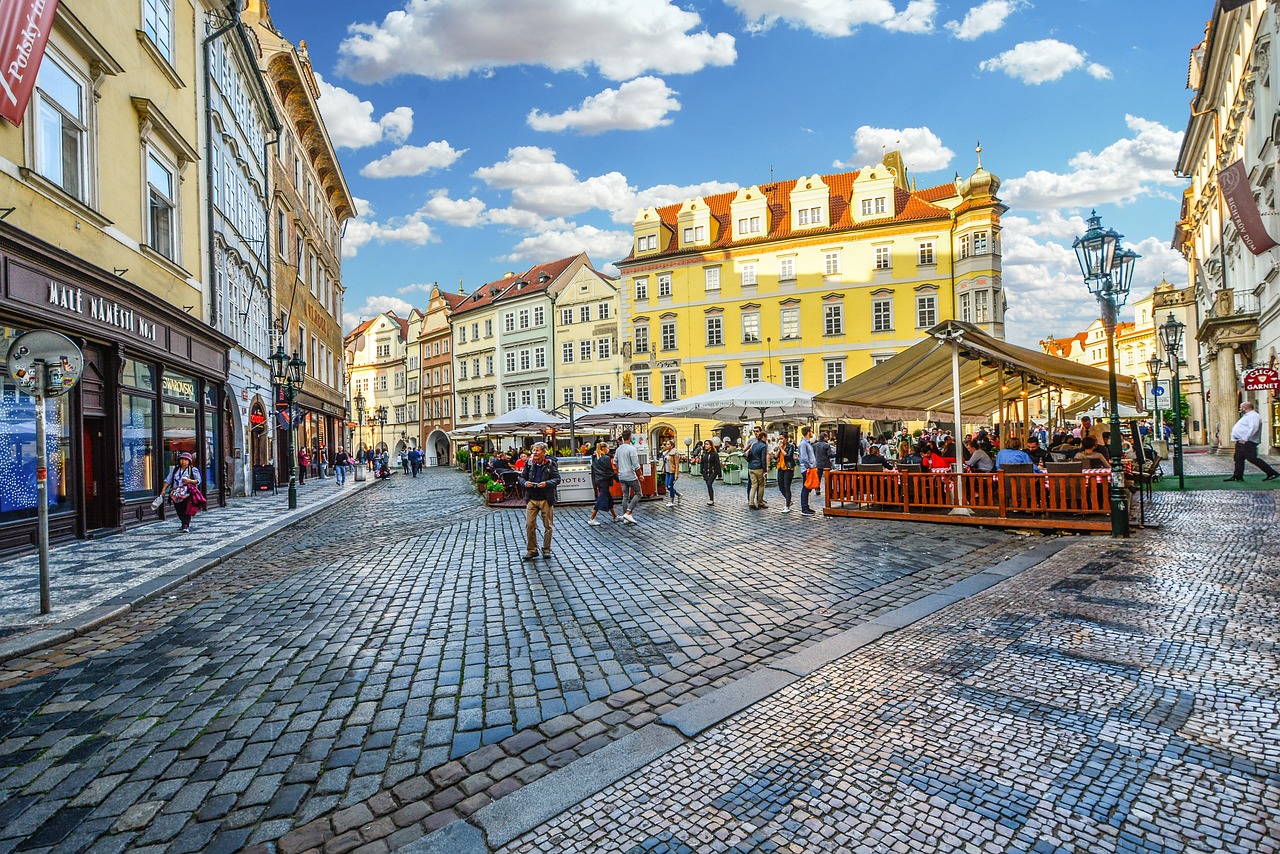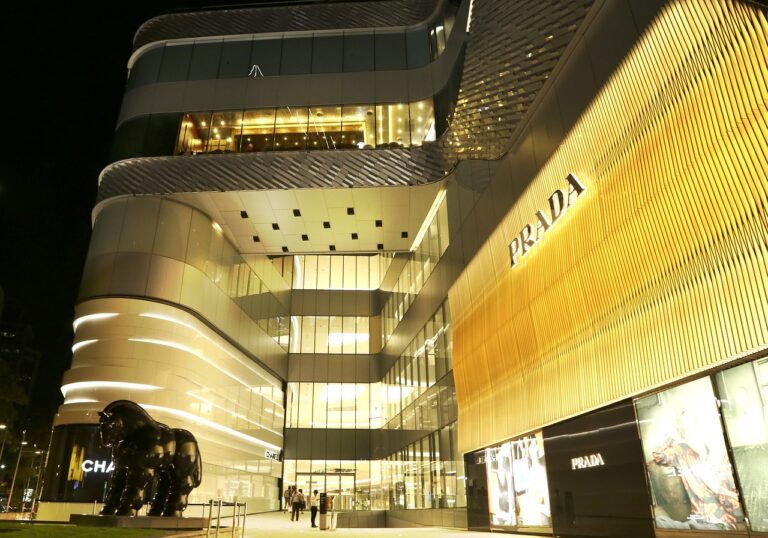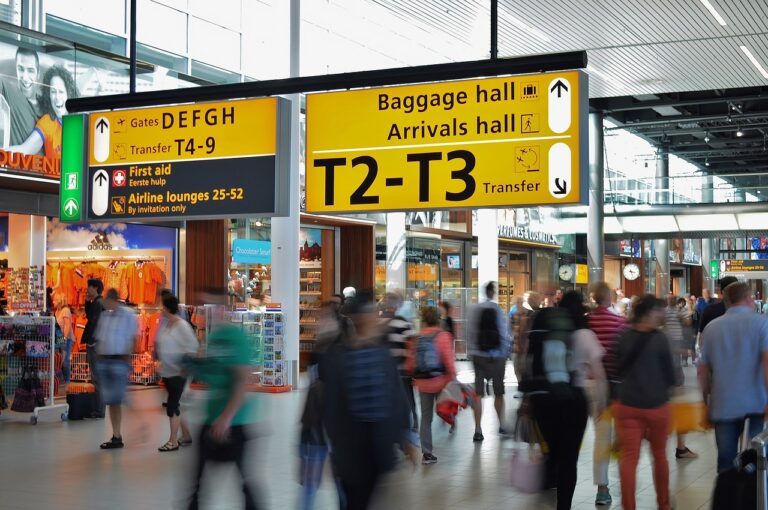The Role of Fashion Week Event Planners in Logistics Management
Fashion Week event planners play a crucial role in ensuring that the logistics of the event run smoothly and efficiently. Their responsibilities encompass a wide range of tasks, from coordinating transportation and accommodation for designers and models to managing the storage and handling of all fashion show materials. Additionally, event planners must liaise with vendors and suppliers to secure necessary equipment and services for the event.
Another key responsibility of fashion week event planners in logistics management is to create and maintain detailed schedules and timelines to ensure that all aspects of the event are well-coordinated and executed on time. This involves working closely with different teams involved in the event, such as production, catering, and security, to align schedules and logistics requirements. By meticulously planning and organizing logistics, event planners help to create a seamless and successful fashion week event for all participants involved.
Understanding the Scope of Logistics in Fashion Week Events
Fashion week events are complex productions that require meticulous planning and flawless execution. From coordinating the transportation of garments and accessories to managing the setup of runway shows, event planners play a crucial role in ensuring the seamless flow of operations. Logistics in fashion week events encompass a wide range of tasks, including inventory management, scheduling deliveries, and overseeing the movement of personnel and equipment.
The scope of logistics in fashion week events also extends to managing multiple venues, such as showrooms, exhibition spaces, and backstage areas. Event planners must coordinate with vendors, sponsors, and security teams to ensure that all aspects of the event run smoothly and according to schedule. Additionally, they must anticipate and address any potential challenges or disruptions that may arise, such as weather-related delays or last-minute changes to the program.
What are the key responsibilities of fashion week event planners in logistics management?
Fashion week event planners are responsible for coordinating transportation for models, designers, and attendees, managing venue logistics, overseeing set up and breakdown of stages and runways, and ensuring timely delivery of event materials.
How does logistics play a role in the success of fashion week events?
Logistics is crucial in ensuring that all aspects of the event run smoothly, from coordinating arrivals and departures of participants to managing the flow of traffic and materials within the venue. Effective logistics management can help prevent delays and ensure a seamless experience for all involved.
What are some common challenges faced in logistics during fashion week events?
Common challenges in logistics for fashion week events include coordinating the arrival of international participants, handling last-minute changes to schedules or venues, managing large crowds and traffic flow, and ensuring the timely delivery of essential event materials.
How can fashion week event planners overcome logistical challenges?
Fashion week event planners can overcome logistical challenges by creating detailed plans and schedules, communicating effectively with all stakeholders, having contingency plans in place for unexpected issues, and working with experienced logistics partners to ensure a smooth execution of the event.







